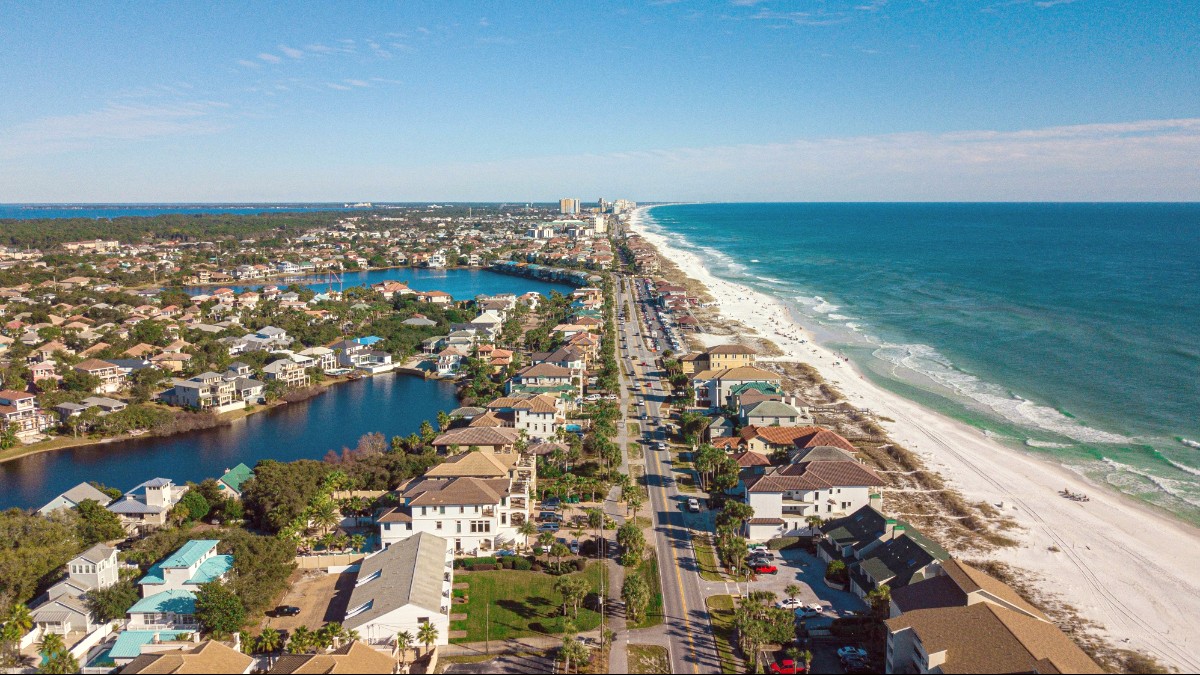
Florida, USA
Local SIM cards are widely available. Bring your Unlocked phone. A Universal SIM card kit proves helpful for adapting your SIM to different tray sizes.
Wi-Fi is broadly present at most hotels, restaurants, cafes, public libraries, and many attractions. For digital eSIMs, consider Airalo. Or, for dedicated portable Wi-Fi, explore Solis Wi-Fi devices.
English is the official and main language. Spanish is common in some areas. To brush up on Spanish phrases, language learning platforms like Rosetta Stone can assist.
Post offices situate in every town. Drop boxes for mail exist outside post offices and in some public areas. Private couriers like FedEx and UPS also operate for package shipping.
Plan your communication needs before arrival.
Be aware of operating times and closures.
Generally 9 AM or 10 AM to 6 PM or 9 PM. Longer hours in malls.
Often 7 AM or 8 AM to 9 PM or 10 PM. Many major chains stay open later or 24/7 in larger cities.
Breakfast: 7-11 AM. Lunch: 11:30 AM-2 PM. Dinner: 5-10 PM (later on weekends).
Most businesses operate normally on religious holidays. Public holidays may alter schedules.
During the low season (summer), some smaller, family-run businesses might close for vacation. Some seasonal businesses may have limited hours.
Always check specific hours, especially for attractions and smaller businesses.
Navigate social interactions with ease.
Casual greetings are common ("Hi," "Hello," "How are you?"). Handshakes mark formal introductions.
Florida is generally casual. Beachwear is acceptable at beaches and beachside restaurants. Most restaurants maintain a casual atmosphere.
Wait to be seated in most restaurants. It is common to ask for the check ("the bill") when you are ready to leave.
Generally permitted in public spaces. Be respectful of privacy when photographing individuals; ask permission before taking close-up shots.
A polite approach upgrades your journey.
Florida strives for an accessible travel destination for all.
As part of the United States, Florida adheres to the Americans with Disabilities Act (ADA). This indicates public buildings, transportation, and many private businesses maintain accessibility standards.
Most major attractions (museums, aquariums, theme parks) are fully accessible. Many popular beaches feature beach wheelchairs (often free to borrow) and accessible beach access points.
Service animals gain entry in public places. Some attractions might furnish audio descriptions or large-print materials upon request.
Florida State Parks' website has detailed accessibility information. Local tourism boards often furnish specific information on accessible attractions and services.
Check specific venue websites or contact tourism boards for detailed accessibility information.